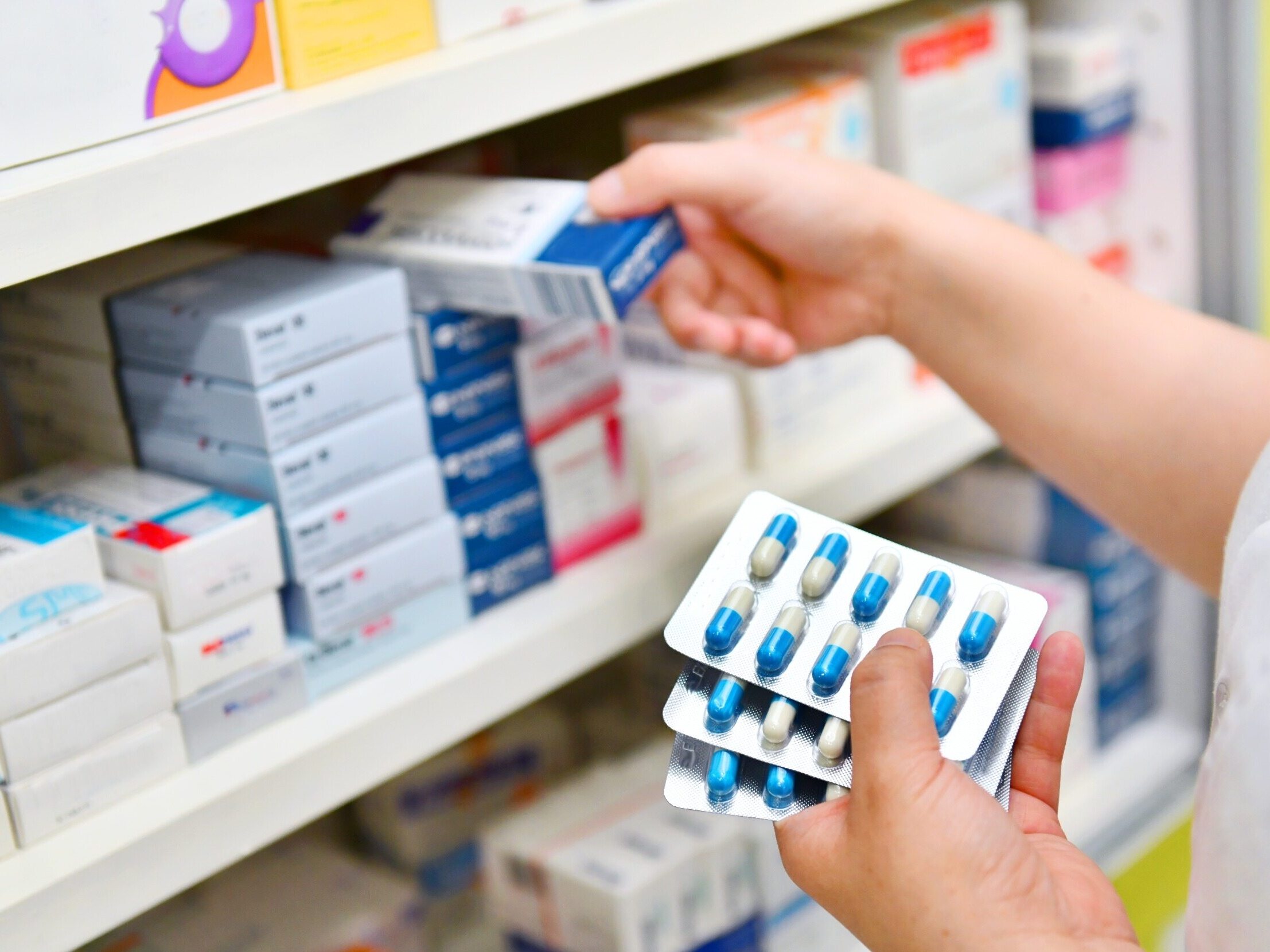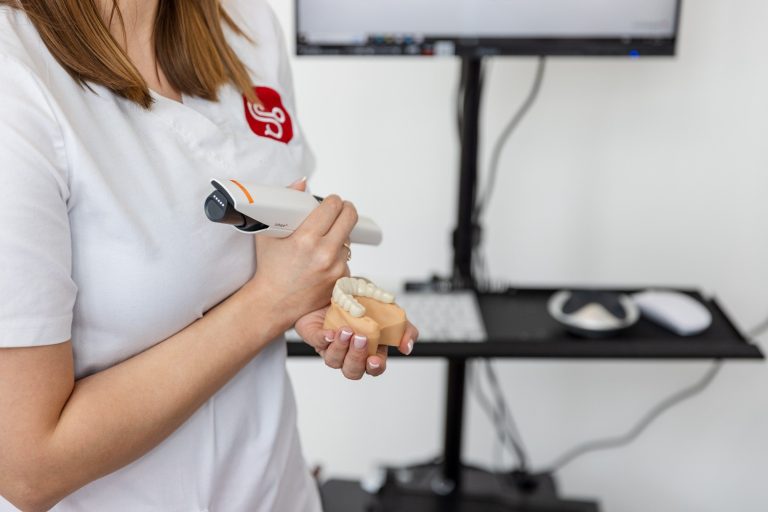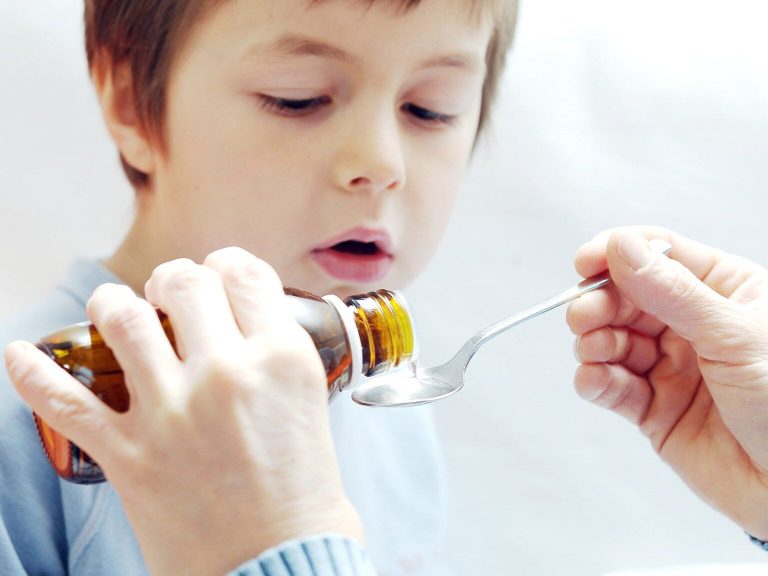Antibiotic resistance worse than cancer. “We won’t have anything to treat serious infections”

Unnecessarily used antibiotics weaken the immune system and expose us to further infections – warns prof. Ernest Kuchar, pediatrician. Too frequent use leads to antibiotic resistance, which means we have no way to defend ourselves in the event of serious bacterial infections. In 2050, up to 10 million people in the world may die from this disease: more than from all cancers combined – argue the organizers of the “Together against antibiotic resistance” campaign.
Antibiotics are one of the greatest miracles of medicine. – Their introduction to therapy extended the average life expectancy by 23 years. Thanks to them, we can effectively treat many serious infections that were often fatal in the past, such as bacterial pneumonia, purulent meningitis or sepsis. We can also perform many modern invasive procedures in the field of oncology, transplantology and cardiac surgery – says Prof. Ernest Kuchar, head of the Pediatrics Clinic with the Observation Department of the Medical University of Warsaw
However, antibiotics are not effective against viral infections. Therefore, they will not help with colds, flu, COVID-19 or RSV infection.
Viral infection must be treated symptomatically, not with antibiotics
In the case of a common viral infection – and most infections in both children and adults are viral infections – antibiotics should not be used because they are ineffective. – In case of symptoms such as runny nose, cough, fever, we have symptomatic drugs: antipyretics, analgesics, which help alleviate the symptoms of runny nose and cough. The antibiotic does not reduce fever, does not have an antitussive effect, and does not eliminate a runny nose. In the first days of infection, we experience the most severe general symptoms, malaise, fever; later there is improvement; However, the recovery process may take up to 10-14 days and cannot be accelerated – explains Prof. Cook.
By administering antibiotics, we do not treat the viral infection, but we reduce immunity. – There is evidence that most antibiotics reduce immunity in the long term, destroy beneficial bacteria living in the intestines, and have an adverse effect on the microbiome; so those who administer them are actually harming us if we use them unnecessarily, emphasizes Prof. Cook.
Often, a doctor writes a prescription for an antibiotic “at the patient’s request”, “just in case” the health condition worsens. – It sometimes happens that when parents bring their child to the doctor, they immediately ask for an antibiotic. Doctors prescribe antibiotics just in case, because the child’s condition may worsen in a few days, and we know how difficult it is sometimes to get an appointment. However, we should understand that such “panic” action makes no sense – emphasizes Prof. Cook.
He explains that even a yellow or greenish runny nose is not a symptom of a bacterial infection. – In the course of inflammation, there are several phases: first, there is a large amount of watery secretion, then we have a feeling of a stuffy nose, and the secretion becomes thicker. Then there is infiltration of granulocytes, the secretion changes color to yellowish, greenish. This is not yet a sign of a bacterial infection. Of course, the secretion can be diluted by using appropriate measures, and you also need to drink a lot. But an antibiotic is only needed when there is a bacterial infection confirmed by tests or the clinical condition of the child indicates it – emphasizes Prof. Cook.
Many studies show that the use of antibiotics leads to a long-term decline in immunity and an increased incidence of more serious infections.
Increasing antibiotic resistance
Too frequent use of antibiotics (both by humans and in animal husbandry) leads to an increasingly serious problem of antibiotic resistance: more and more often, bacteria are no longer sensitive to antibiotics and become resistant to their action. The reason is that bacteria with resistance genes survive, giving rise to new generations of drug-resistant microorganisms. – It is estimated that about 4.95 million people died from this cause worldwide in 2019, much more than from AIDS (0.86 million) or malaria (0.4 million). According to WHO estimates, in 2050, bacterial infections that we will not have anything to treat may kill 10 million people a year, which is more than all cancers and road accidents combined – emphasizes Prof. Cook.
The overuse of antibiotics in Poland is a big problem. In 2022, Poland was among the top ten OECD countries where the most antibiotics are used. – If we do not change anything, we will lose a tool that makes cardiac surgery and bone marrow transplants possible. Without antibiotics, the patient will die. We waste our precious good on trivial problems. An antibiotic used unnecessarily today in one patient may cause treatment failure in the future not only in the same patient, but also in other patients, including us and our children – emphasizes Prof. Cook.
Together against antibiotic resistance
Sandoz Polska initiated the nationwide campaign “Together against antibiotic resistance”. The aim of the campaign is to educate about antibiotic resistance as well as responsible antibiotic therapy among patients, doctors and pharmacists in Poland. The campaign partners are: the Polish Society of Family Medicine, the Polish Public Health Society, the Polish Society for Coordinated Health Care and the Polish Hospital Federation.





